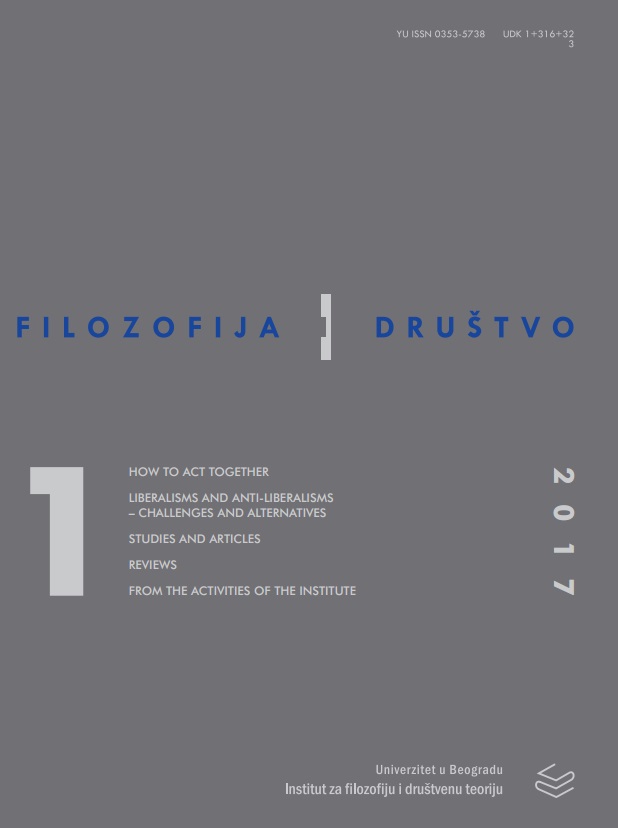Scepticism & Transcendental Arguments: Some Methodological Reconsiderations
Scepticism & Transcendental Arguments: Some Methodological Reconsiderations
Author(s): Kenneth R. WestphalSubject(s): Epistemology
Published by: Institut za filozofiju i društvenu teoriju
Keywords: Scepticism; transcendental proof; mental content externalism; Kant; Hegel; C.I. Lewis; Heidegger;Wittgenstein;
Summary/Abstract: Kant provided two parallel, sound proofs of mental content externalism; both prove this thesis: We human beings could not think of ourselves as persisting through apparent changes in what we (apparently) experience – nor could we think of the apparent spatio-temporal world of objects, events and people – unless in fact we are conscious of some aspects of the actual spatio-temporal world and have at least some rudimentary knowledge of it. Such proofs turn, not on general facts about (or features of) the world, but on appreciating various fundamental regards in which our finite human cognizance depends upon the world we inhabit. The ‘transcendental’ character of these analyses concerns identifying and appreciating various fundamental features of our finite form of human mindedness, and basic constraints upon, and prospects of, cognitive justification within the non-formal domain of human empirical knowledge. Such analyses and proofs have been developed in various ways, using distinctive strategies, not only by Kant, but also by Hegel, C.I. Lewis, Heidegger, Wittgenstein and Frederick Will. Here I examine and defend the methodological reflections required to understand, assess and appreciate such transcendental proofs, and why so few analytic epistemologists have found them persuasive or illuminating.
Journal: Filozofija i društvo
- Issue Year: 28/2017
- Issue No: 1
- Page Range: 113-135
- Page Count: 23
- Language: English

